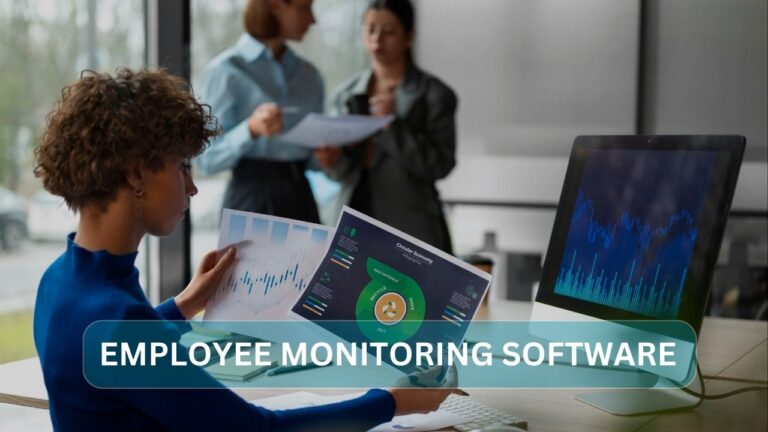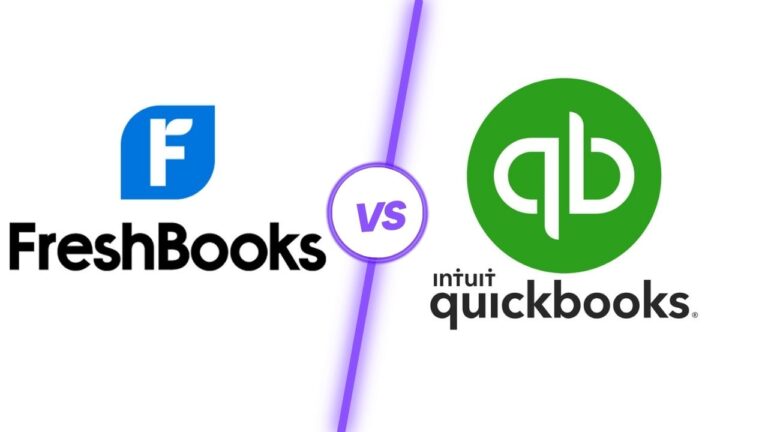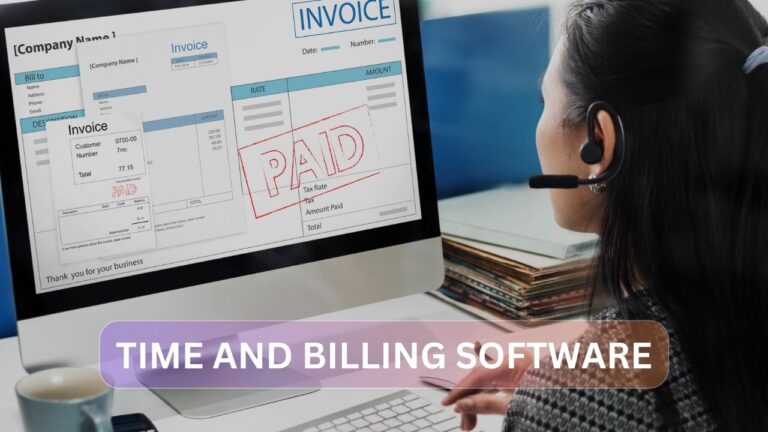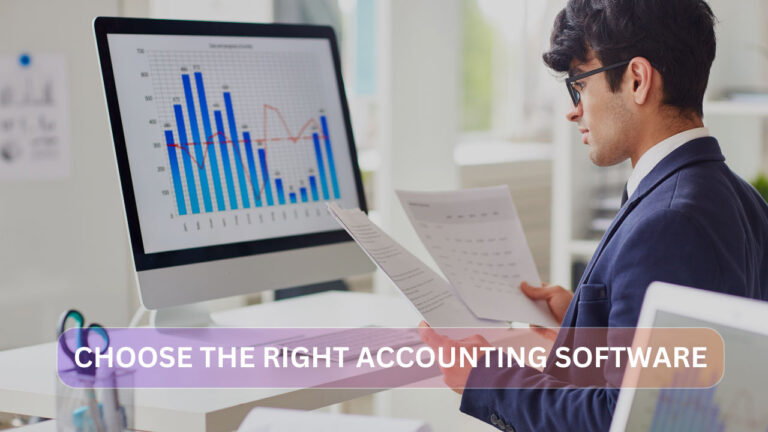Best Accounting Software for Multiple Businesses
Accounting software for multiple businesses streamlines financial management across various entities. It simplifies reporting, consolidates data, and improves overall efficiency.
Choosing the right accounting software is crucial for entrepreneurs managing multiple businesses. With the advancement of cloud-computing, solutions like QuickBooks Online, Xero, and FreshBooks have emerged as leaders in this space. They offer robust features that allow users to oversee finances for multiple ventures from a single platform.
These platforms enable real-time insights into each business’s performance, facilitating informed decision-making and resource allocation. Scalability is at the core of these systems, ensuring that as businesses grow, the software can adapt to more complex accounting needs. Integration with other tools and services is another key benefit, allowing seamless data flow and automation of routine tasks to maximize productivity. The right accounting software becomes a cornerstone for success in managing the finances of several businesses simultaneously.

Credit: www.crestwood.com
The Rise Of Accounting Software
The Evolution From Ledgers To Digital Solutions
Accounting once meant thick, bound ledger books, scribbled with endless columns of figures. Times have changed. Business owners now leverage software to track their finances with far greater efficiency and accuracy.- Manual entry to spreadsheets: The first leap in the evolution.
- Software programs: Initially simple and clunky, but a significant step forward.
- Cloud-based systems: Today’s gold standard, allowing access from anywhere, anytime.
Key Benefits For Entrepreneurs With Multiple Businesses
Running multiple businesses just got easier. Navigating through separate accounts is no longer a headache with state-of-the-art accounting software.| Benefit | Impact |
|---|---|
| Consolidated Finances | View all business finances in one place. |
| Time Saving | Automated functions mean more time for strategic planning. |
| Error Reduction | Fewer mistakes with smart, automated calculations. |
| Real-time Data | Make informed decisions with up-to-date information. |
- Improved Cash Flow Management: Track and forecast with precision.
- Enhanced Compliance: Stay on top of regulations with automated updates.
- Multi-User Access: Allows team collaboration across different businesses.
Selecting The Right Tool
Must-have Features For Multi-business Management
To effectively handle multiple businesses, the software must include:- Consolidated reporting: Gain a comprehensive view of all your entities.
- Segmented user access: Control who sees what with customized permissions.
- Inter-company transactions: Streamline dealings between your entities.
- Scalability: Ensure the tool grows with your business needs.
- Multi-currency support: Manage international dealings with ease.
- Cloud-based technology: Access your financials anytime, anywhere.
Comparison Of Popular Accounting Software Options
Selecting the perfect software involves comparing top contenders. Look at these well-known options:| Software | Multi-Business Friendly | Consolidated Reporting | User Access Control | Cloud-Based |
|---|---|---|---|---|
| QuickBooks | Yes, with limitations | Yes | Yes | Yes |
| Xero | Yes | Yes | Yes | Yes |
| FreshBooks | No | Yes | Yes | Yes |
| Sage 50cloud | Yes | Yes | Yes | Yes |
| Wave | Yes, with add-ons | Yes | Limited | Yes |
Setting Up For Success
Multi-entity Set-up Best Practices
Organized implementation kicks off a seamless multi-entity journey. Consider these steps:- Chart accounts for each entity. Keep them consistent to simplify consolidation.
- Customize user permissions. Ensure security and appropriate access levels.
- Designate a master administrator. Single oversight enhances control.
- Use templates. They save time when adding new entities.
- Review local compliances. Accounting software must meet regional requirements.
| Step | Description | Benefit |
|---|---|---|
| Consistent Chart of Accounts | Uniform account setup for entities | Easy data management |
| User Access Rights | Data security and control | Prevent unauthorized access |
| Master Administrator Role | Centralized management | Streamlined operations |
| Template Usage | Standardized processes | Time efficiency |
| Compliance Review | Align with local regulations | Risk reduction |
Training Staff For Optimal Use
Effective training ensures your team maximizes the software’s potential. Adopt these strategies:- Engage in comprehensive training programs. Hands-on sessions build confidence.
- Allocate resources for continuous learning. Encourage ongoing software education.
- Implement a support system. Quick help resolves issues efficiently.
- Update skills with new features. Regular training on updates ensures skills are current.
- Create a knowledge base. Accessible resources answer common questions.
Integration And Automation
Linking With Other Business Applications
Effective accounting software should integrate seamlessly with other tools. This links different business applications into one system. It simplifies data transfer and consolidation. Integration covers: Customer Relationship Management (CRM)E-commerce platformsPayroll servicesBanking systemsIntegration ensures that business operations communicate effectively. It eliminates the need to switch between applications. This saves time and reduces mistakes.Automating Financial Processes Across Different Companies
Automation is key in managing multiple businesses. Accounting software automates critical financial tasks. This includes managing invoices, tracking expenses, and reconciling accounts. Automation provides: Fast and accurate financial reportingReal-time visibility into cash flowConsistent, error-free processingBy automating tasks, businesses can focus on growth and strategy. They can depend less on manual entry. This prevents potential financial discrepancies.Security Concerns And Compliance
Protecting Financial Data In A Multi-business Setup
Security tops the priority list for any accounting platform. When dealing with multiple businesses, the risks and stakes are even higher. Good software must have:- Encryption: Data in transit and at rest should be encrypted to shield it from unauthorized access. Look for software offering end-to-end encryption.
- User permissions: Access controls are vital. They ensure the right people access the right data. Set tough user roles and permissions.
- Regular backups: Prevent data loss with automatic, frequent backups. Keep backups in secure, offsite locations.
- Up-to-date systems: Keep software updated. Patches and updates fix security flaws and enhance protection.
Adhering To Accounting Standards And Regulations
Not only data security but also regulatory compliance is a must in accounting software. This means:- Matching legislation: The software should meet tax laws and financial reporting standards.
- Audit trails: Transactions must have detailed records for audits.
- Regular updates: Software must adapt to new regulations. Look for providers that offer updates in line with legal changes.
- International standards: If you operate globally, ensure the software supports multiple currencies and tax systems.
Future Of Multi-business Finance Management
Emerging Trends In Accounting Technology
Technology evolves. So does the way we manage finances. Here are the latest trends:- Cloud-Based Solutions: Access data from anywhere, anytime.
- Artificial Intelligence (AI): AI automates tasks and predicts financial outcomes.
- Mobile Accounting: Perform finance operations from your smartphone.
- API Integrations: Sync your accounting software with other business tools.
- Blockchain Technology: Enhances security, offers transparency in transactions.
Predictions For Multi-entity Financial Oversight
As we peer into the future of finance management for multiple businesses, distinct predictions emerge:- Unified Platforms: Single dashboards will manage numerous businesses.
- Real-Time Reporting: Instant data for quicker decision making.
- Regulatory Compliance: Software will automatically adapt to changing laws.
- Collaborative Access: Teams will collaborate on financial data securely.
- Customization and Scalability: Software will adapt to the growth of your business.
| Feature | Benefit |
|---|---|
| Automation | Saves time, reduces errors. |
| Data Analysis | Insights to drive strategy. |
| Integrated Systems | Smoother workflow, better communication. |

Credit: www.myfirm360.com
Frequently Asked Questions On Accounting Software For Multiple Businesses
Can I Use Quickbooks For Multiple Businesses?
Yes, QuickBooks allows users to manage multiple businesses. Each company requires a separate QuickBooks Online subscription or distinct company file in QuickBooks Desktop.
Can You Run Multiple Businesses On Freshbooks?
Yes, you can manage multiple businesses on FreshBooks by setting up separate accounts for each venture, ensuring streamlined financial tracking.
What Software Do Most Companies Use For Accounting?
Many companies prefer using QuickBooks, Xero, and Sage for their accounting needs due to their comprehensive features and user-friendly interfaces.
Can You Have Multiple Companies In Xero?
Yes, you can manage multiple companies in Xero by setting up individual organizations for each within your account. Each company requires a separate subscription.
Conclusion
Selecting the right accounting software for managing multiple businesses streamlines operations and boosts efficiency. Embrace a solution that grows with your entrepreneurial ventures. A wise investment now pays dividends in clarity, compliance, and financial mastery for years to come. Make informed choices; your businesses’ success depends on it.







